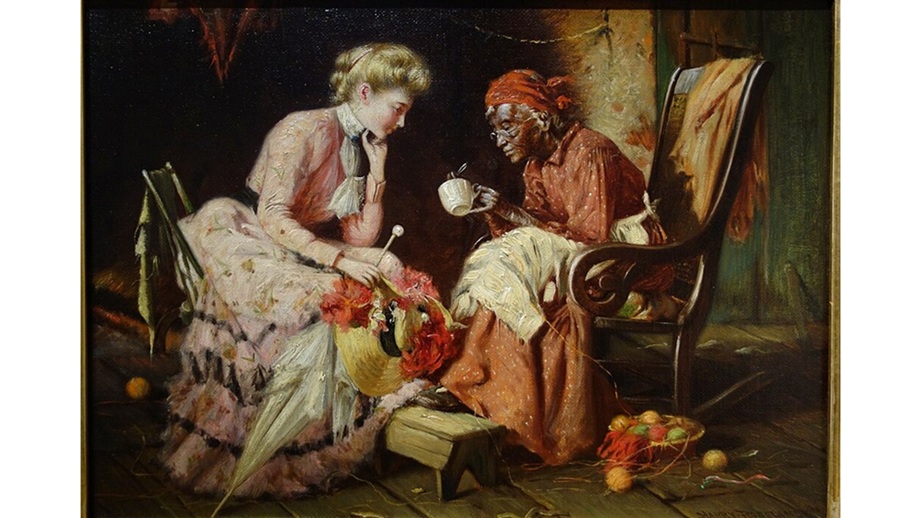.
Modes of Divination
The future’s course, in all of its essentials,
Is augured from a steaming heap of entrails.
The tea leaves, buoyed by meniscus,
Will show you where the greatest risk is.
For aging hippies, using the I Ching.
Is probably a nearly perfect thing.
Astrologers are confident your sign
Determines how you’ll fit the Grand Design.
A disconcerting fact is that Tarot
Will tell you things you do not want to know.
Plucking random verses from the Bible
Doesn’t guarantee your soul’s survival.
A claim the future on a palm is etched
To most clear-headed persons seems far-fetched.
Some whale bones, sailors say, will do the trick,
As long as one is chasing Moby Dick.
The information gathered by a pollster
Is more erratic than a roller coaster.
Prognosticators who resort to Science
Will more than likely satisfy their clients.
.
.
Note to Self
You only have so many days
_To mend your errant ways,
But if the truth I now must tell,
_You like them very well
Just as they are and how they’ve been
_For years: replete with sin
And indiscreet entanglements
_That call for recompense
To injured parties. After all,
_It isn’t hard to fall,
And I have lots of empathy
_With reprobates like me
Who revel in their past mistakes
_And do whate’er it takes
To always keep repeating them.
_If life’s a fragile stem
That bears a single sterile flower
_Which lasts for but an hour,
It is because you have no plan
_To be the better man
Your mentors raised you up to be,
_And it’s a certainty
The day will come when you shall mourn
_The virtues you’ve forsworn.
.
.
C.B. Anderson was the longtime gardener for the PBS television series, The Victory Garden. Hundreds of his poems have appeared in scores of print and electronic journals out of North America, Great Britain, Ireland, Austria, Australia and India. His collection, Mortal Soup and the Blue Yonder was published in 2013 by White Violet Press.















I had to laugh at science being included with divination. The note to self including being a reprobate who eventually realizes the past has caught up to him/her is so true.
Well, Roy, science is certainly a method for predicting the future. Scientific theories are made or broken on how well they predict experimental results.
A true reprobate, when the past has caught up to him, will likely not give a shit.
I just love the unflinching honesty of these fictive delights… if that makes any sense to you at all, C.B. Your poetic declarations make an awful lot of sense to me, and for that, I thank you,
It makes a lot of sense, Susan, because it’s easy to be honest when it’s understood that the narrator of a poem is not necessarily its author. What else can one do but try to make sense of things?
There are so many forms of divination and prophecy that the notion seems to be a universal, and embedded in the collective thinking of every race and culture. Kip did not mention Roman augury through the flights of birds, or the ancient Germanic method of noting the strength and directions of the wind, or the Greek use of the Delphic Oracle, or the Sortes Vergilianae, using the text of the Aeneid. But a poem can’t be too long.
As for “Notes to Self,” I suppose all of us have bad habits that we’d rather keep (like a comfortable old easy chair) than break.
God yes! Joseph, there are too many versions to count. I only dealt with those that came to mind. My definitive treatise on the subject will be published by Oxford University Press sometime next year (heh heh).
Harder than getting rid of bad habits might be keeping good habits, but never surrender your old easy chair.
Thank you, C.B.; these two poems are both quite entertaining. I like your couplets; some amusing rhymes are essentials/entrails, and meniscus/risk is (though I was unaware that meniscus is involved in reading tea leaves.) I thought the couplets were an interesting variation in “Note to self”, because the poem is in common meter, which I think most often uses an a-b-a-b rhyme scheme instead of couplets.
To spin a clever rhyme
Has never been a crime.
And,, Cynthia, you know as well as I do that the rhyme scheme has nothing to do with the meter (unless the author makes it so — by indenting shorter lines, for instance). Meniscus doesn’t help one to read the leaves, but it might help the leaves float. Iambic is common because it is easiest. The “couplets” are odd because the coupled lines are of uneven length, as measured in feet. ABAB is only one possibility, and the longer the stanza, the more possibilities there are.
Will we or will we not those changes make,
To be the things for which our elders ache?
Economists possessed of second sight
Might say, “It might not happen or it might.”
Hah! Good one, Morrison. You should compile several of these and turn them into one big beautiful poem.
I was disappointed you omitted reading coffee grounds. My wife learned that art from her grandmother. But you’ve covered a wide gamut as it is.
“Note to Self,” is a sober epistle, in the tradition of Kipling’s “If.”
All I know about coffee grounds, Adam, is that they are a good thing to feed to earthworms.
“If” only.